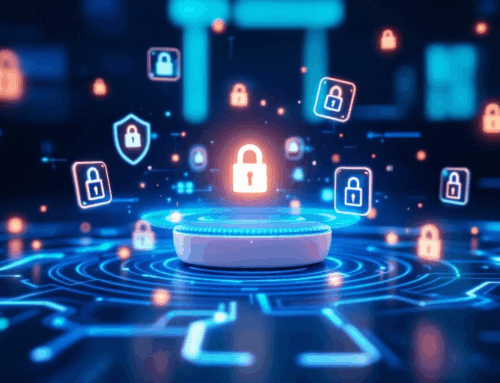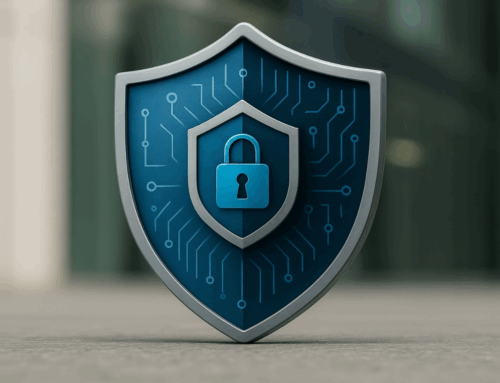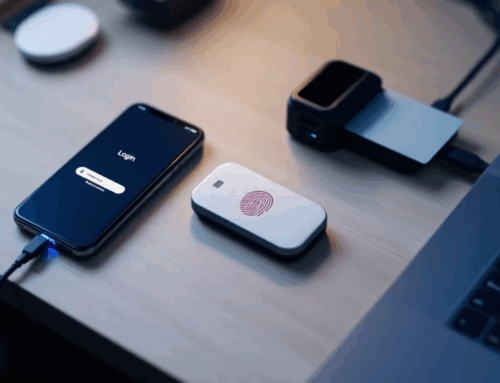Why Phishing Is Still The #1 Threat – And Why Passwords Make It Worse

Despite advances in cybersecurity, phishing attacks continue to dominate the threat landscape – and passwords remain the weak link that makes these attacks so effective.
Even with security awareness training and multi-factor authentication (MFA), many organizations still fall victim. The reason is simple: phishing techniques are evolving faster than traditional defenses.
The Data Doesn’t Lie
Phishing remains the most common entry point for attackers, and the statistics are alarming:
- The 2024 Verizon Data Breach Investigations Report shows that 74% of breaches involve the human element, including phishing and credential misuse.
- According to the IBM Cost of a Data Breach Report 2024, stolen or compromised credentials were the top initial attack vector, with each breach costing an average of $4.5 million.
- Despite MFA adoption, phishing remains highly effective, especially with techniques like push bombing and fake login portals that mimic legitimate services.
Phishing is not just a spam problem – it’s a strategic, human-targeted attack that thrives on outdated security methods.
Why Passwords Make It Worse
Passwords, even strong ones, are inherently vulnerable:
- They can be stolen through phishing emails or spoofed websites
- They are often reused across personal and professional accounts
- They are entered manually, which opens the door to keyloggers and man-in-the-middle attacks
Traditional MFA (like one-time codes, push approvals, or email links) helps, but these are still phishable methods. If users can be tricked into sharing or approving access, the system is still at risk.
What Is Phishing-Resistant MFA?
Phishing-resistant MFA removes the human factor from authentication by eliminating passwords and one-time codes entirely.
Everykey’s proximity-based MFA is a prime example of this approach:
- There’s nothing to type or click – your phone becomes a secure presence-based authenticator.
- It uses cryptographic Bluetooth authentication to verify identity automatically.
- Because credentials are never exposed or entered, they can’t be phished.
These methods are compliant with phishing-resistant standards and are significantly more secure than legacy MFA tools.

Beyond Security: Real Business Impact
Phishing-resistant MFA doesn’t just improve security – it also increases productivity:
- Fewer IT support requests due to password resets or MFA failures
- Faster logins, especially for workers who move between devices or workstations
- Improved user satisfaction, as authentication becomes seamless and invisible
In industries like healthcare, legal, and finance, where time and compliance matter, this kind of frictionless security is a competitive advantage.
Phishing is still the #1 cybersecurity threat for a reason: it works. And as long as passwords and phishable MFA remain part of your strategy, your organization will be vulnerable.
It’s time to adopt phishing-resistant MFA that protects your users without slowing them down.
About Us
Everykey is on a mission to make cybersecurity easy and convenient.
Everykey delivers a proximity-based, frictionless, and touchless secure access platform. Offering passwordless authorization and multi-factor authentication, it seamlessly integrates with identity platforms to make secure access effortless. Everykey empowers IT leaders to adopt secure and employee-friendly zero-trust strategies.
🔗 The Breach Report (Monthly Cyberattack Roundup)
📅 Schedule A Demo with our team




